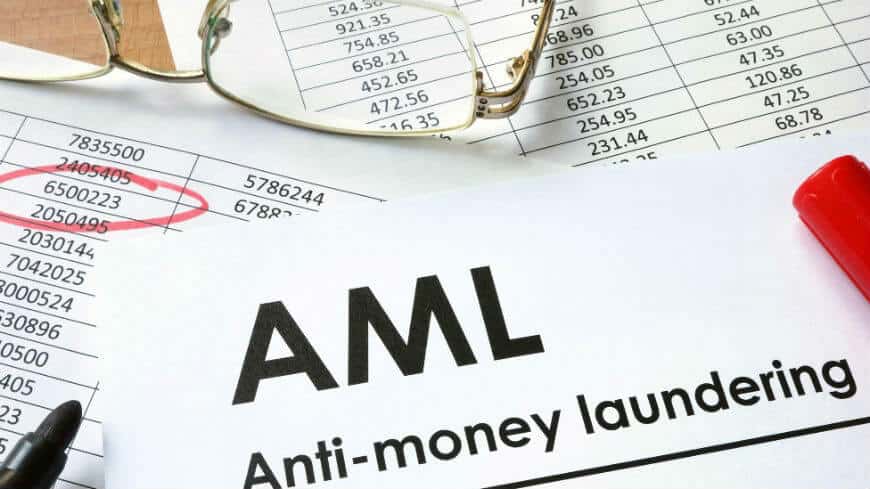Join Our Telegram channel to stay up to date on breaking news coverage
South Korea hosts the third-largest crypto exchange market when looking at volumes, only being beaten by the likes of the US and Japan. This massive influx of volumes comes in spite of Korea having been somewhat reluctant of crypto regulation, at least for three or so years.
Since the start of the second half of 2019, it seemed that the South Korean government was pushing out bill after bill to legalize the crypto industry within its borders. With legalization in place, crypto trading could become an established facet of the country’s industrial sector.
Within this article, we will briefly touch on all the developments of crypto regulation within the country, everything from bills to controversies.
The Year 2017
On the 3rd of July, 2017, the South Korean Democratic Party introduced the country’s first taxation policy for crypto in the country’s history. The proposal suggested transfer taxation, instead of capital gains.
The 31st of July, 2017, had Park Yong-jin introduce the Electronic Financial Transactions Act. This Act was passed on the 19th of October, and mandated far stricture Know-Your-Customer (KYC) and Anti-Money Laundering (AML) policies. The first of the country’s regulatory history of crypto.
The 1st of September 2017 marked the creation of the first task force, created by the Financial Services Commission and the South Korean government. This task force sought to explore crypto and its various regulatory frameworks around the world.
The 4th of December, 2017, was a time of controversy, general Fear, Uncertainty and Doubt (FUD), and the government stepping in. It marked the formation of the crypto regulation task force that was created by the South Korean Ministry of Justice. All the relevant government agencies contributed to this task force, who sought to tighten regulations on the entire industry.
The Year 2018
The 11th of January, 2018, was just as Bitcoin started to die down from the massive rally and all-time-high it achieved. At this point, the government panicked and sought to ban crypto trading completely. Afterwards, the government backpedalled slightly, explaining that nothing was set in stone.
The 15th of January, 2018, saw the government clarify that a full crypto ban was no longer planned to be enforced. However, it seemed to be quite the wakeup call. The government promised tight regulations and policies in this new, rapidly growing market.
On the 18th of February, 2018, a seminar was done by the ruling Democratic Party, discussing crypto regulations. The most significant conclusion in that seminar was to increase the transparency of the industry to lessen confusion.
The 26th of July, 2018, the specialized crypto task force was criticized due to lack of action from its part since its inception. Various figures in the crypto industry claimed that Korea was trying to do the hands-off policy yet again.
The Year 2019
On the 16th of October, 2019, Korea’s blockchain industry started to grow. Rapidly. The growth was as a result of a rise in regional initiatives from the country’s major cities. In particular, the Finance Minister, Hong Nam-ki, described blockchain technology as the Fourth Industrial Revolution. Furthermore, he revealed the National Development Plan for Digital Trade.
The 26th of November, 2019 saw a new bill be pushed out after a year of silence. This bill was approved and sought to provide greater transparency and oversight across the country’s crypto sector.
The 9th of December, 2019 saw the Ministry of Economy and Finance of Korea making plans to impose crypto taxation on the industry, with the group being in the process of creating a comprehensive bill for it. The Ministry explained that the process would either be business income tax or corporate tax, as well as having tax profits be added into it.
The 30th of December, 2019, saw local media criticize the National Tax Service when it hit the local Bithumb crypto exchange platform with a staggering $70 million bill. This was for trades done by foreign users before foreign users were banned from trading crypto.
And thus, the potential for the future is limitless. More than likely, Korea will take further strides to legalize the industry. With a fully legalized crypto industry, the country stands to gain much as a bustling crypto hub.
Join Our Telegram channel to stay up to date on breaking news coverage




